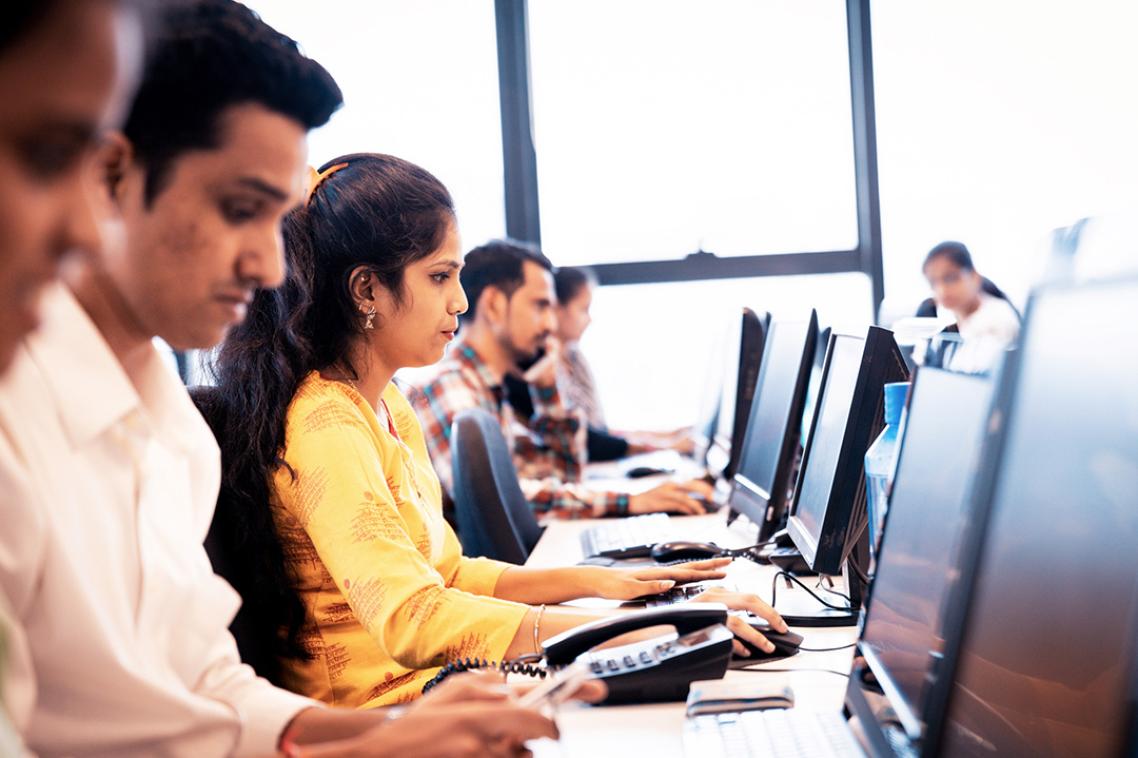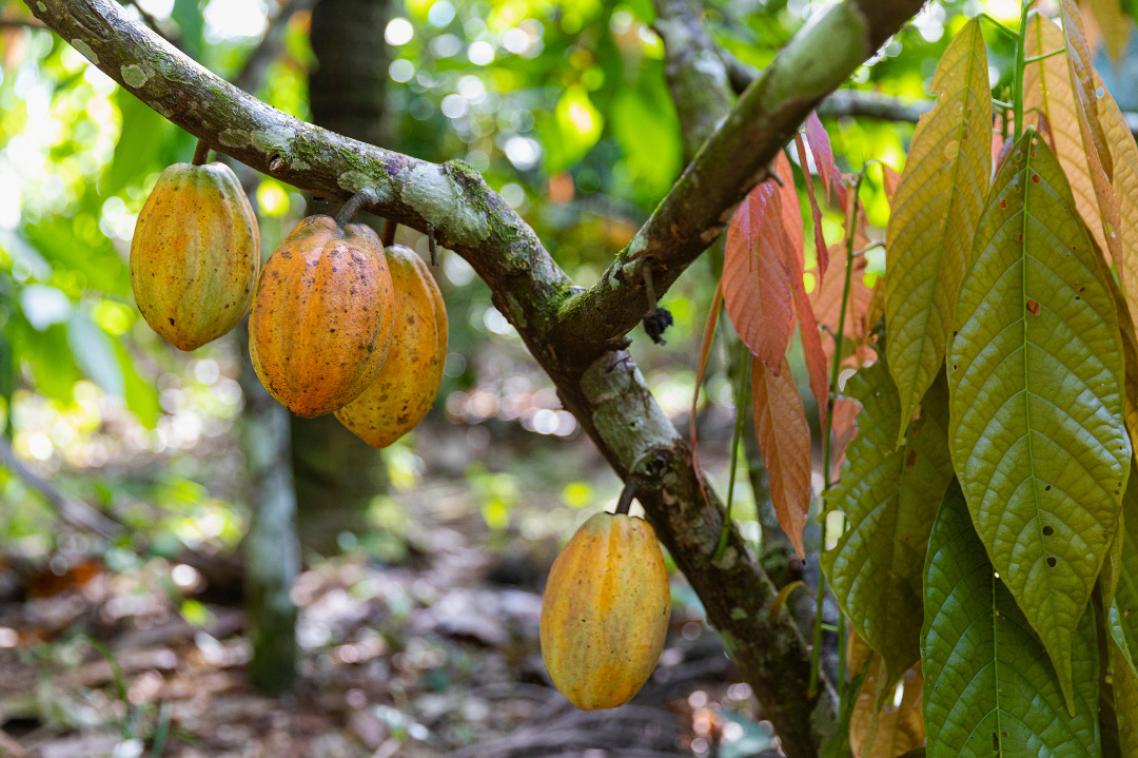Research centre will be Australia’s social conscience
The University of Queensland will celebrate the opening of its Social Research Centre (UQSRC) by hosting a conference examining how economic, political and environmental change is impacting on modern society.
Ten world renowned social scientists will discuss topics ranging from social policy and inequality to economic change on urban and rural communities at the Contemporary Inequalities: new dimensions of social and economic change conference from July 18 to 19.
Conference convenor Helen Burns said the UQSRC had been promoting evidence-based policy formation in both the public and private sectors for the past three years and it was time to recognise its contribution to society.
“The conference is an unprecedented opportunity to bring some of the world’s leading inequality researchers to Queensland to showcase their most recent ideas and the strengths of advanced social science research in this State," Ms Burns said.
“The event is essential for anyone who wants to activate their social conscience and learn about the direction in which Australian society is heading.”
Since its inception in 2003, the UQSRC has become the largest social science research Centre in Queensland and one of the most respected in Australia. Its staff base has grown from three to more than 40 in the space of three years.
The Centre hosts major research projects, undertakes commissioned research for numerous State and Federal government departments and has significant ongoing research partnerships with a number of government and non-government agencies.
The official opening will take place on Tuesday, July 18 at Brisbane Customs House from 11am, followed by the start of the conference at 1.15pm
“Contemporary society is experiencing a period of unprecedented economic, political, environmental and social change,” Ms Burns said.
“Massive advances in science and technology accompany rapidly changing economic and labour market conditions, new demographic political and cultural trends and critical environmental challenges.
“In such a complex environment, governments, corporations and communities increasingly recognise the need for advanced social science research to describe and explain what is occurring and provide objective evidence about how best to respond.”
Information: http://uqsrc.uq.edu.au/Brochure_Email.pdf
To register for the conference contact Dimity Glasby (email d.glasby@uq.edu.au) or Helen Burns (email h.burns@uq.edu.au).
Media: For more information, contact Helen Burns (telephone 07 3346 9389, email h.burns@uq.edu.au) Chris Saxby at UQ Communications (telephone 07 3365 2479, email c.saxby@uq.edu.au).
Related articles

Judgement call: the unseen pressures on the people who police the internet

Growing shade trees can cut chocolate’s environmental impact
Media contact
UQ Communications
communications@uq.edu.au
+61 429 056 139
